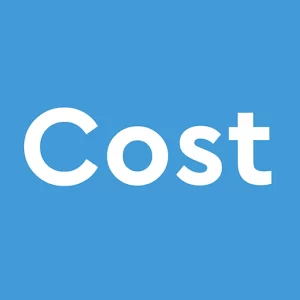This post is part of our What Does a QS Include in a Cost Estimate? series. For the full guide to professional construction pricing, read our QS Cost Estimate Breakdown.
Table of Contents
- Introduction
- 1. A Quote is a Price. An Estimate is a Process.
- 2. Quotes Often Skip the Detail
- 3. Estimating Involves Research, Site Visits, and Desktop Studies
- 4. Estimating Includes Risk Planning
- 5. Estimating Supports Professional Growth
- Conclusion & Next Steps
Introduction
“I just need a quick quote.” But do they really? In the construction industry, the terms ‘quote’ and ‘estimate’ are often used interchangeably, but they serve different purposes and carry distinct implications. Understanding the difference is crucial for both contractors and clients to ensure clear communication and successful project outcomes.
1. A Quote is a Price. An Estimate is a Process.
A quote is a fixed price offer that, once accepted, becomes legally binding. It provides a specific amount the contractor agrees to complete the work for, assuming no changes to scope. Quotes are best used when project details are fully defined.
An estimate is a more flexible, professional calculation of likely costs. It includes assumptions, allowances, and risks, and is typically prepared based on drawings, known conditions, and project scope.
2. Quotes Often Skip the Detail
While quotes provide a total price, they often leave out the detail. There’s no cost breakdown, no explanation of what’s included, and no transparency around assumptions. This can lead to disputes when a client expects more than what was priced for.
Quick quotes without clear breakdowns often lead to misunderstandings. For a deeper look at the risks of casual pricing, read The Hidden Cost of ‘Quick Guess’ Pricing.
3. Estimating Involves Research, Site Visits, and Desktop Studies
Estimating is a thorough process. It starts with studying plans and specifications, conducting desktop studies using mapping and site data, and, when needed, visiting the site to assess conditions. The estimator then performs detailed take-offs to ensure all materials, labour, plant, and subcontract costs are included.
4. Estimating Includes Risk Planning
Only an estimate includes proper contingency, clear exclusions, and logical assumptions. This risk planning is what makes estimating a professional discipline. Without it, the builder is left exposed to hidden costs, scope creep, and profit loss.
Contingency, exclusions, and assumptions aren’t just nice-to-haves to protecting your profit. Learn why this level of accuracy is so important in Why Accurate Estimates Matter More Than You Think.
5. Estimating Supports Professional Growth
You can’t scale a construction business by guessing numbers. Detailed estimates feed forecasting tools, budget plans, and decision-making at every level of a business. They also give you the confidence to price work competitively, without undercutting your margins.
At Cost Estimator, we help bridge the gap between quoting and estimating. Our service delivers full takeoffs and professional cost estimates, backed by real data and industry best practices. We also produce customer-facing quotes formatted to win work, giving tradespeople the tools to price with confidence and present with professionalism.
Conclusion & Next Steps
Quoting and estimating may sound similar, but they serve very different purposes. One gives a price. The other gives insight. And when you’re building a business, insight is worth a lot more.
If you’re ready to move from quoting to real estimating, explore our QS Cost Estimate Breakdown or request a quick quote now.
Frequently Asked Questions
What is the main difference between a quote and an estimate?
A quote is a fixed price offer that becomes legally binding once accepted, while an estimate is an approximate calculation of costs that is not legally binding and subject to change.
When should I use a quote instead of an estimate?
Use a quote when the project scope is well-defined and you can provide a fixed price. Use an estimate during the planning stages when details are still being finalized.
Can a quote change once the project starts?
Generally, a quote should not change unless the project scope changes. Any variations should be documented and agreed upon by both parties.
Why is detailed estimating important?
Detailed estimating helps identify all project costs, manage risks, and set realistic budgets, leading to more successful project outcomes and client satisfaction.
Does an estimate include contingencies?
Yes, professional estimates often include contingencies to account for unforeseen costs, whereas quotes may not.
Is an estimate legally binding?
No, an estimate is not legally binding. It provides an approximate cost that can change as project details evolve.
How can I improve my estimating process?
Improve your estimating process by conducting thorough site assessments, using accurate take-offs, considering all cost factors, and regularly updating your data based on past projects.
What role does a Quantity Surveyor play in estimating?
A Quantity Surveyor specializes in cost estimation, providing detailed and accurate assessments of project costs, helping to manage budgets, and ensuring financial efficiency throughout the project lifecycle.











